“Konnichiwa Movie Quotes” is an incredibly innovative and immersive product that brings together the enchantment of movies and the allure of foreign languages. With its vast collection of famous movie quotes translated into Japanese, this product offers a unique and exciting way for movie enthusiasts to expand their cultural horizons and explore the beauty of the Japanese language. Whether you’re a fan of classics or modern blockbusters, “Konnichiwa Movie Quotes” provides an engaging experience that combines the magic of cinema with the richness of a new language. Get ready to embark on a captivating journey and discover just how extraordinary movie quotes can sound in Japanese.
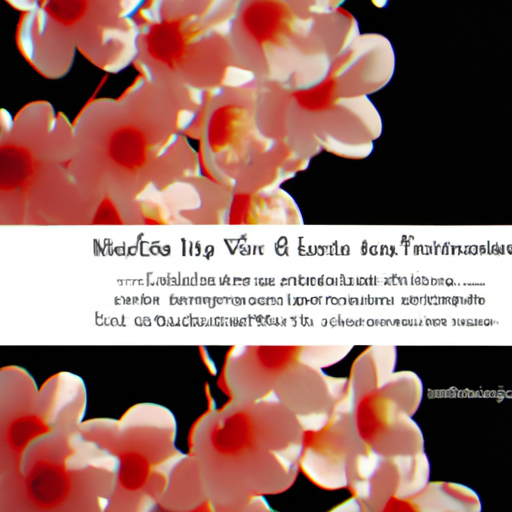
Introduction
Japanese cinema has a rich history and has given birth to some truly exceptional movies. From captivating stories to stunning visuals, these films have left an indelible mark on film enthusiasts worldwide. One aspect that stands out in Japanese cinema is the memorable and thought-provoking movie quotes that have become iconic. In this article, we will delve into the world of famous Japanese movie quotes, exploring the profound messages, cultural nuances, and emotional depth that these lines bring to the screen.
Famous Japanese Movie Quotes
Lost in Translation
Meeting at the Bar
“Lost in Translation,” directed by Sofia Coppola, takes us on a journey of self-discovery in the bustling city of Tokyo. One of the most memorable scenes is when Bob Harris (played by Bill Murray) meets Charlotte (played by Scarlett Johansson) at the bar. Their connection is instant, and amidst the chaos of a foreign land, their encounter sets the stage for an extraordinary friendship.
Whispered Translation
As Bob and Charlotte get to know each other, they often find themselves struggling to understand the language and navigate the cultural differences. In one poignant moment, Charlotte whispers to Bob, “I’m stuck here. I don’t know what I’m supposed to be.” This line captures the feeling of being lost in a foreign place and the desire for connection in a world that seems unfamiliar.
Suntory Time
Bob finds himself in Tokyo shooting a commercial for Suntory whiskey. The director continually instructs him to say, “For relaxing times, make it Suntory time.” Although seemingly simple, this line becomes a metaphor for finding moments of solace and tranquility amid the chaos of life, resonating with audiences long after they leave the theater.
Lip My Stockings
One of the most humorous moments in “Lost in Translation” occurs during a photo shoot, where the photographer’s broken English results in a hilarious request for Charlotte to “lip her stockings.” This scene highlights the language barrier between cultures and the awkward yet comical situations that arise from miscommunication.
The Seven Samurai
“The Seven Samurai,” directed by Akira Kurosawa, is a masterpiece in Japanese cinema. The film follows a group of samurai who come together to defend a village against bandits. Through its powerful storytelling and memorable quotes, it explores themes of honor, sacrifice, and the intricate relationship between the samurai and the villagers.
The Taste of Dango
As the samurai prepare for battle, they gather around a fire, savoring the taste of dango, a traditional sweet dumpling. In this poignant moment, Kambei Shimada, the leader of the samurai, remarks, “The taste of dango… reminds me of something from a long time ago.” This seemingly simple dialogue conveys a sense of nostalgia, reflecting on the samurai’s longing for a way of life that has slowly faded away.
In Those Days, People Only Bought Food on Credit
One of the villagers laments the constantly high prices and the disparity between the rich and poor. In response, Kambei utters a profound statement, “In those days, people only bought food on credit.” This line speaks to the societal issues of economic inequality and the struggles faced by the common people during that era, echoing themes that are relevant even today.
What’s the Use of Worried about Death?
As the samurai face their inevitable battle against the bandits, they ponder mortality. Kambei’s words, “What’s the use of worried about death?” encapsulate the samurai’s unwavering determination and their acceptance of the risks they face. This quote serves as a reminder of the fleeting nature of life and the need to make every moment count.
We’re No Different from Bandits
In a striking moment of reflection, Kambei acknowledges the parallel between the samurai and the bandits, stating, “We’re no different from bandits. We deserve to be called bandits.” This self-awareness challenges traditional notions of heroism and explores the complexities of morality, blurring the line between good and evil.
Rashomon
Directed by Akira Kurosawa, “Rashomon” is a masterpiece of ambiguity and moral dilemmas. The film presents multiple perspectives of a single event, challenging the notion of truth and the fallibility of human perception. Through its haunting quotes, “Rashomon” delves into the depths of human nature and the elusive nature of reality.
I Don’t Understand
As the film unfolds, the court hears different accounts of a crime, each conflicting with the others. Frustrated and confused, one character exclaims, “I don’t understand!” This line encapsulates the uncertainty and frustration that arises when faced with conflicting narratives, forcing the audience to question their own understanding of truth and reality.
Men Are Only Human after All
Amid the multiple versions of the truth presented in “Rashomon,” one character reflects on the nature of humanity, stating, “Men are only human after all.” This line challenges the romanticized ideals of heroism and explores the imperfections of human nature, reminding the audience of the complexities and inherent flaws within each individual.
It Will Be Over Soon
During a conversation between two characters, one remarks, “It will be over soon.” This line underscores the fleeting nature of time and the transience of moments, urging the audience to appreciate the present and the inevitable passage of all things. The quote captures the essence of impermanence and serves as a reminder of the ever-changing nature of life.
I Can Bear Sadness and Wretchedness
One of the most poignant lines in “Rashomon” comes from a woman caught in a harrowing incident. She says, “I can bear sadness and wretchedness alone, but it’s impossible to bear a light at the end.” This quote encapsulates the profound sense of despair and the struggle to find meaning in the face of overwhelming adversity.
I’ll Never Be Hungry Again
In a particularly poignant scene, a character reflects on their past hardships, saying, “I’ll never be hungry again.” This line signifies the resilience and determination to overcome obstacles, highlighting the indomitable spirit of the human condition. It serves as a reminder that even in the darkest moments, there is always a glimmer of hope.
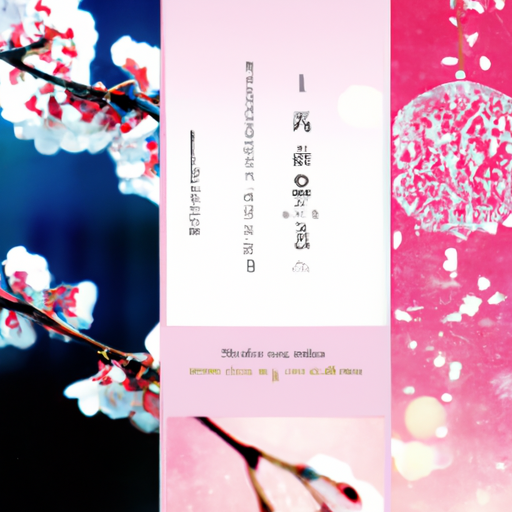
Godzilla
“Godzilla,” directed by Ishirō Honda, is a film that explores humanity’s fear of the destructive power of nature and the consequences of mankind’s arrogance. Through its memorable quotes, the film delves into the deeper implications of nuclear warfare, environmental concerns, and the impact of human actions on the world.
Humanity Has Forgotten the Terror of War
As Godzilla’s destructive rampage unfolds, a character observes, “Humanity has forgotten the terror of war.” This line serves as a poignant reminder of the horrors of conflict and the dangers of becoming complacent in a world overshadowed by nuclear weapons. It speaks to the need for humanity to remember the past to avoid repeating the mistakes of history.
Godzilla Is Inside Each One of Us
Reflecting on the horror and power of Godzilla, one character remarks, “Godzilla is inside each one of us.” This quote delves into the symbolism and metaphorical nature of the monster, suggesting that it represents humanity’s own destructive tendencies. It serves as a cautionary reminder that the potential for chaos and destruction lies within each individual.
Good Threat, Godzilla
When faced with the immense challenge of defeating Godzilla, one character exclaims, “Good threat, Godzilla.” This line captures the resilience and determination of humanity in the face of overwhelming adversity. It represents the ability to rise above fear and unite in the face of a common enemy, highlighting the strength that can be found in solidarity.
Spirited Away
Hayao Miyazaki’s “Spirited Away” is a breathtaking masterpiece that takes audiences on a magical journey through the world of spirits and fantasy. With its enchanting visuals and profound storytelling, this film offers a treasure trove of memorable quotes that resonate with audiences of all ages.
Once You Meet Someone, You Never Really Forget Them
This line, spoken by Zeniba, captures the essence of friendship and connection. In “Spirited Away,” characters form deep bonds that transcend the boundaries of time and space. The quote reflects the notion that true connections leave an everlasting impact on our lives, shaping who we are and reminding us of the importance of cherished relationships.
I Want to Be with You
In a tender moment between the protagonist Chihiro and the mysterious spirit Haku, Chihiro utters these heartfelt words, “I want to be with you.” This line encapsulates the yearning for companionship and the desire to find a sense of belonging. It resonates with audiences who have experienced the desire for connection and the comfort of being understood.
In the Bathhouse
Working in the whimsical bathhouse, Chihiro encounters various supernatural beings. One line that stands out is, “Welcome to the bathhouse, don’t be afraid.” This quote embodies the theme of acceptance and overcoming fear, encouraging audiences to embrace new experiences and face their fears with courage and curiosity.
Just Follow Your Feet
As Chihiro embarks on her journey, she receives advice from a wise character: “Just follow your feet.” This simple yet profound line reminds us to trust our instincts and follow our own path, even when faced with uncertainty. It speaks to the power of self-discovery and the importance of staying true to oneself, a valuable lesson for audiences of all ages.
Battle Royale
“Battle Royale,” directed by Kinji Fukasaku, is a visceral and thought-provoking film that examines the darkness within human nature and the effects of a dystopian society. Through its memorable quotes, the film explores themes of survival, friendship, and the blurred line between right and wrong.
I Want You to Become Friends
In a harrowing and twisted portrayal of survival, the film’s organizer challenges the students with the words, “I want you to become friends.” This line encapsulates the conflicting morals and twisted reality of the Battle Royale, forcing the audience to confront uncomfortable questions about the limits of friendship and the lengths people would go to save their own lives.
Stay Gold
One of the film’s protagonists, Shuya Nanahara, finds solace in the memories of his friend, who wrote him a letter encouraging him to “stay gold.” This iconic line serves as a reminder of the beauty and innocence of youth, even in the face of unimaginable brutality. It represents the preservation of hope and compassion in the darkest of circumstances.
Don’t Look Back
As the students navigate the treacherous landscape of Battle Royale, one character warns, “Don’t look back.” This quote underscores the ruthless nature of the game and the necessity to keep moving forward, leaving behind the past and the emotional baggage that can hinder one’s chances of survival. It serves as a metaphor for the need to adapt and overcome in times of adversity.
Tokyo Story
Directed by Yasujirō Ozu, “Tokyo Story” is a poignant examination of family dynamics, generational gaps, and the fleeting nature of life. Through its thought-provoking quotes, the film explores the complexities of familial relationships and the deeply rooted social norms in Japanese society.
Isn’t Life Disappointing?
In a moment of reflection, one character poignantly asks, “Isn’t life disappointing?” This question encapsulates the universal feeling of disillusionment and the realization that life often falls short of our expectations. It serves as a catalyst for introspection, provoking audiences to contemplate the disappointments they have faced in their own lives.
Isn’t It Terrible?
One character delivers a solemn observation, stating, “Isn’t it terrible?” This simple yet profound line speaks to the challenges and hardships that individuals face as they navigate the complexities of family life. The quote invites audiences to reflect on the inherent difficulties of maintaining familial relationships, highlighting the dissonance between societal ideals and personal experiences.
Everyone Dies Someday
A stark reminder of life’s impermanence, one character remarks, “Everyone dies someday.” This quote draws attention to the finiteness of life and the inevitability of death. It serves as a poignant reminder to cherish the time we have and value the relationships and experiences that bring meaning to our lives.
It Was a Different Time Then
As the older characters reflect on their past, one remarks, “It was a different time then.” This line highlights the generational divide and the changing social norms that shape the perspectives of each character. It underscores the notion that societal expectations and values evolve, signifying the challenges faced by different generations in adapting to these changes.
Akira
“Akira,” directed by Katsuhiro Otomo, is a landmark film in Japanese animation that explores themes of power, corruption, and the dangerous potential of human ambition. Through its memorable and prophetic quotes, the film delves into the darker aspects of society and serves as an introspective critique of humanity’s capacity for destruction.
It Doesn’t Matter If We’re Related By Blood or Not
As the story unfolds, Kaneda, one of the main characters, reflects on friendship, stating, “It doesn’t matter if we’re related by blood or not.” This line challenges the traditional notion of family and emphasizes the power of chosen relationships. It speaks to the importance of loyalty, trust, and the profound impact that friends can have on our lives.
I’m the One Who Gets to Decide What I Want to Do with My Life
In a moment of rebellion against authority, Tetsuo, driven by resentment and a thirst for power, defiantly declares, “I’m the one who gets to decide what I want to do with my life!” This quote reflects the personal struggle for autonomy and the desire to break free from societal expectations and constraints. It serves as a reminder that true freedom comes from individual choice and self-determination.
Sometimes It’s Better to Choose Your Own Family
Amidst the chaos and destruction, Kaneda reflects on the bonds of friendship, stating, “Sometimes it’s better to choose your own family.” This line underlines the theme of found family, suggesting that the connections we form based on shared experiences and mutual support can be just as profound and meaningful as blood relations. It serves as a reminder that family is not merely defined by genetics but by the genuine love and care we give and receive.
Shin Godzilla
“Shin Godzilla,” directed by Hideaki Anno, offers a unique take on the iconic monster, exploring themes of bureaucracy, crisis management, and the resilience of humanity in the face of disaster. Through its thoughtful quotes, the film delves into the complexities of government response and societal responsibility.
The Calamity of Godzilla Is the Calamity of the Bureaucracy
As Godzilla wreaks havoc on Tokyo, one character remarks, “The calamity of Godzilla is the calamity of the bureaucracy.” This line highlights the inefficiencies and challenges faced by government organizations in responding to crisis situations. It serves as a critique of the bureaucratic system and its shortcomings in times of immense need.
Godzilla Never Walks Alone
Reflecting on the monster’s destructive power, one character states, “Godzilla never walks alone.” This intriguing line hints at the notion that individuals, be it humans or creatures, are shaped and influenced by their surroundings and the society they inhabit. It serves as a reminder that even the most fearsome entities are products of their environment and the actions of those around them.
Good-Bad Threat, Godzilla
When faced with the immense challenge of combating Godzilla, one character exclaims, “Good-bad threat, Godzilla.” This quote captures the conflicting emotions associated with the monster’s havoc. It speaks to the complexities of human perception, suggesting that the line between good and evil can blur in dire situations, forcing individuals to reconsider their preconceived notions.
Shoplifters
Directed by Hirokazu Kore-eda, “Shoplifters” is a poignant exploration of family bonds, love, and the societal constraints that push individuals to the fringes of society. Through its powerful quotes, the film challenges traditional notions of family and advocates for the importance of genuine connections and empathy.
It Doesn’t Matter If We’re Related By Blood or Not
In a powerful moment, one character remarks, “It doesn’t matter if we’re related by blood or not.” This line encapsulates the film’s message, emphasizing the unbreakable bond that can form between individuals, regardless of biological ties. It emphasizes the importance of unconditional love and support, highlighting the transformative power of chosen family.
I’m the One Who Gets to Decide What I Want to Do with My Life
In a scene of personal reflection, one character boldly asserts, “I’m the one who gets to decide what I want to do with my life.” This line challenges societal expectations and norms, advocating for personal agency and self-determination. It serves as a reminder that each individual should have the freedom to shape their own path, independent of societal pressures.
Sometimes It’s Better to Choose Your Own Family
As the film explores the dynamics of a makeshift family, one character comes to a profound realization, stating, “Sometimes it’s better to choose your own family.” This line recognizes the importance of forming meaningful relationships based on genuine care and understanding rather than biological ties alone. It serves as an affirmation of the power of love and acceptance to transform lives.
Conclusion
Famous Japanese movie quotes have a way of transcending language barriers and resonating with audiences around the world. Whether it’s the introspective musings in “Lost in Translation,” the philosophical reflections in “The Seven Samurai,” the haunting ambiguity of “Rashomon,” or the thought-provoking messages of “Godzilla,” each quote carries a profound meaning that enriches the cinematic experience. These quotes capture the essence of the films they originate from and offer insights into the cultural nuances, societal concerns, and universal human emotions that Japanese cinema beautifully portrays. As we navigate the vast world of Japanese cinema, let us not forget the enduring impact of these memorable lines, forever etched in the hearts of movie enthusiasts everywhere.







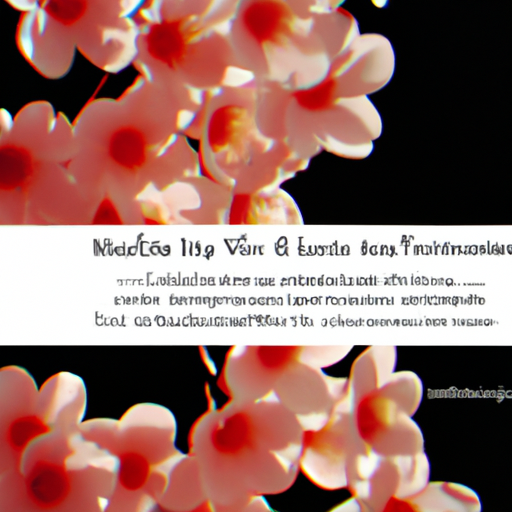
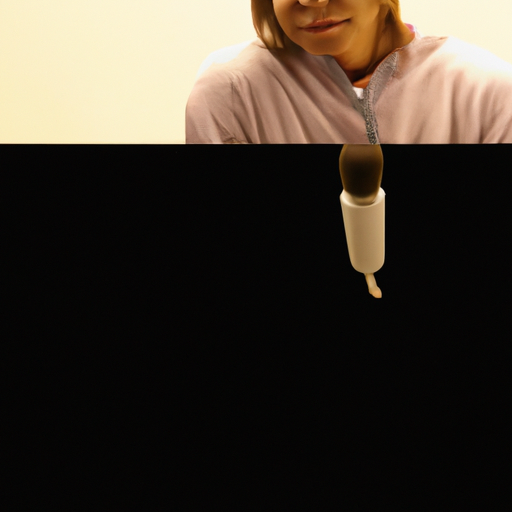
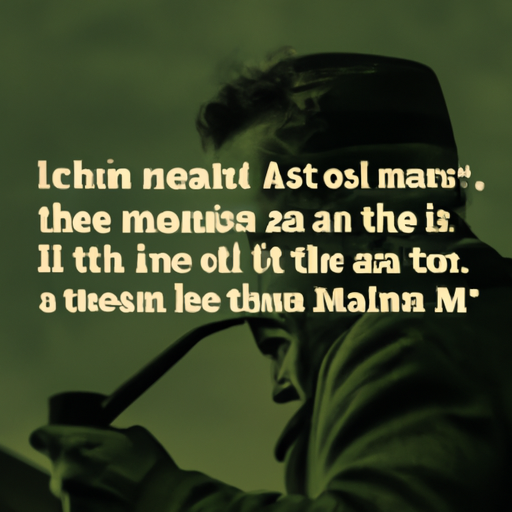

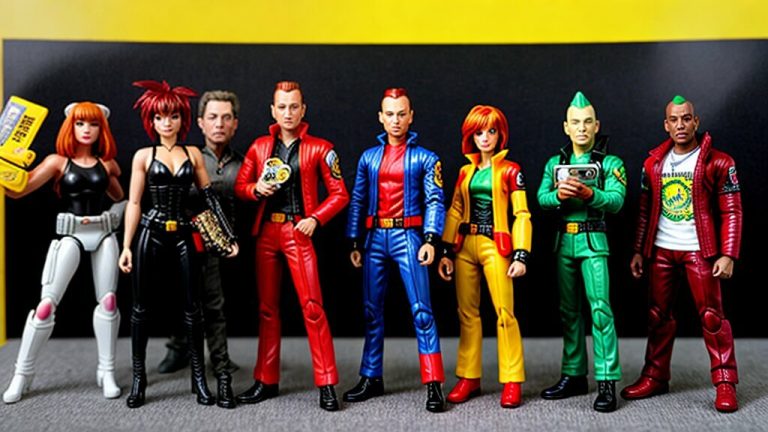
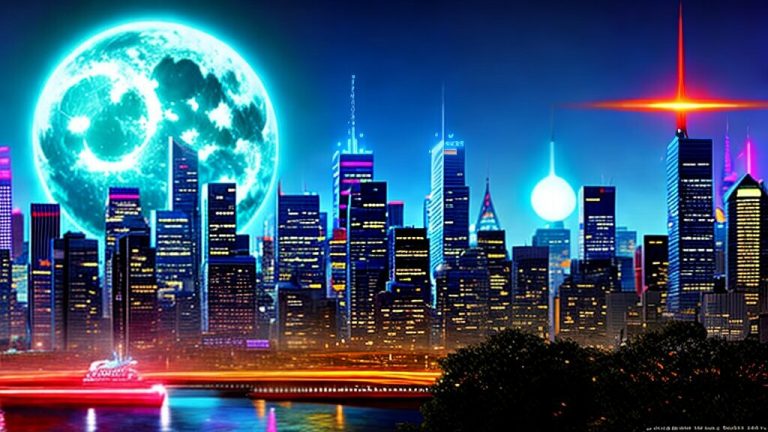
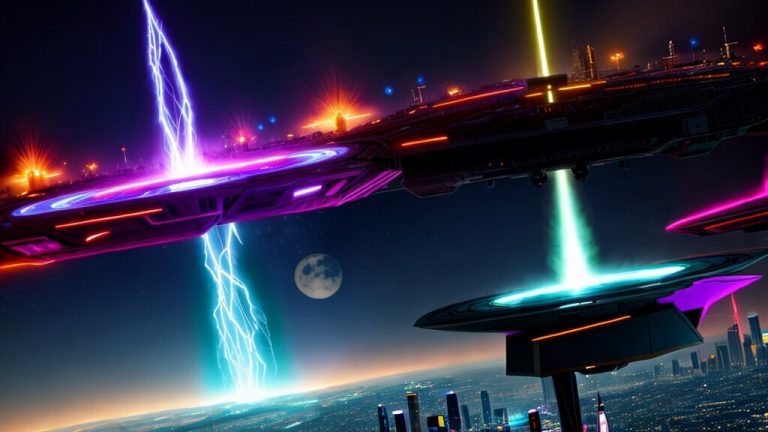

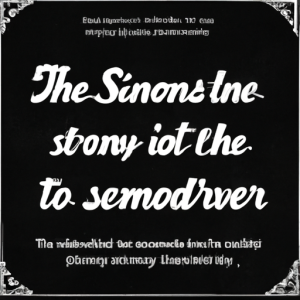
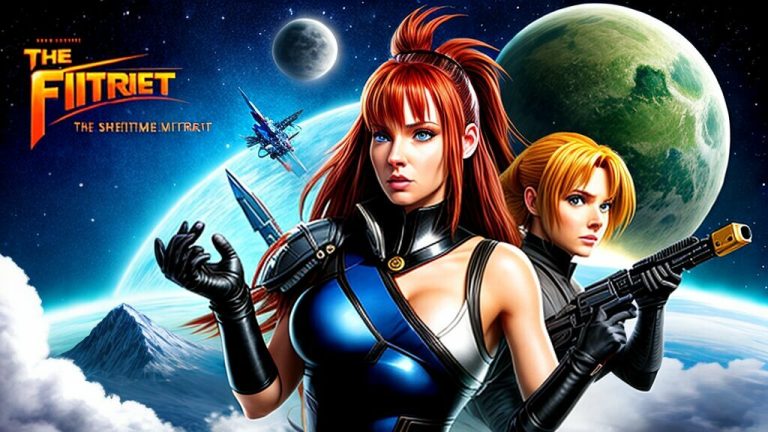
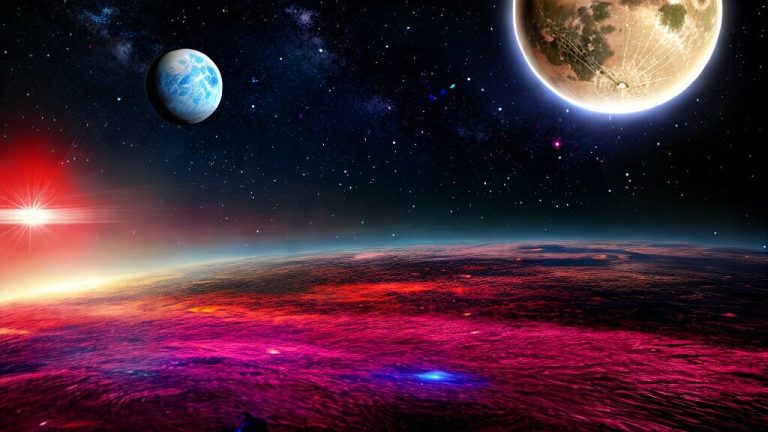
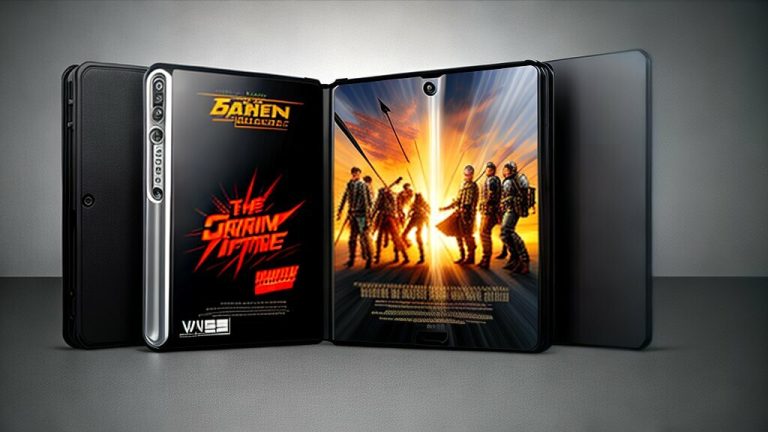
+ There are no comments
Add yours